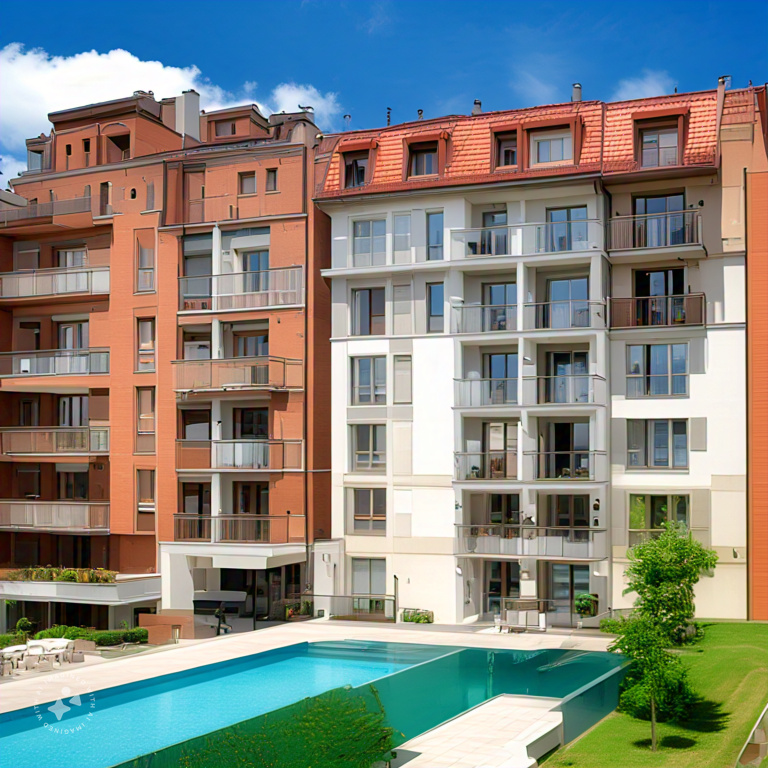What is a Resident Welfare Association (RWA)? Powers and Responsibilities Explained
In modern residential communities—especially gated apartments, villas, and housing societies—a Resident Welfare Association (RWA) plays a vital role in ensuring smooth functioning and maintaining a good quality of life for all residents. But what exactly is an RWA? Who runs it? What powers does it have? Let’s break it down in simple terms.
🏠 What is a Resident Welfare Association (RWA)?
A Resident Welfare Association (RWA) is a registered body formed by the residents of a housing society, apartment complex, or gated community. Its main purpose is to:
✅ Represent the collective interests of residents
✅ Manage and maintain common facilities and services
✅ Enforce community rules and regulations
✅ Act as a link between residents and local government bodies
RWAs are usually registered under the Societies Registration Act, 1860, or the relevant state Apartment Ownership Acts.
📋 How is an RWA Formed?
- Residents hold a meeting and form an executive committee.
- They draft a memorandum of association and by-laws.
- The association is then registered with the local Registrar of Societies or Housing Authority.
- Office bearers like President, Secretary, Treasurer, and committee members are elected by the residents.
⚖️ Powers of a Resident Welfare Association
RWAs have certain powers (within legal and community limits) to:
✅ Collect Maintenance Fees:
Charge and collect monthly or annual maintenance fees from residents to cover expenses for security, housekeeping, waste management, common area electricity, water, etc.
✅ Frame and Enforce Rules:
Create community rules for parking, use of amenities, noise levels, pet policies, etc., and take action on violations.
✅ Manage Common Facilities:
Oversee upkeep of lifts, gardens, clubhouses, swimming pools, gyms, and other common spaces.
✅ Enter into Contracts:
Hire and manage vendors for security, cleaning, gardening, repairs, etc.
✅ Represent Residents:
Raise issues with local municipal bodies, builders, or government departments on behalf of the community (e.g., water supply, road maintenance).
✅ Resolve Disputes:
Act as a mediator for minor resident disputes or rule violations.
🔑 Responsibilities of an RWA
Being an RWA member or office bearer comes with important responsibilities, including:
✅ Regular Maintenance:
Ensure timely repairs, cleanliness, and maintenance of common areas and amenities.
✅ Financial Transparency:
Maintain accurate records of funds collected and spent. Provide annual budgets and audit reports to residents.
✅ Organise Meetings:
Hold regular General Body Meetings (GBMs) to discuss issues, take decisions, and address resident complaints.
✅ Ensure Security & Safety:
Implement measures for resident safety, fire safety, and emergency preparedness.
✅ Compliance:
Follow local municipal rules, pollution norms, and building codes. Ensure society documents are up-to-date and compliant with law.
✅ Community Welfare:
Organise social events, health camps, or activities that strengthen community bonding and improve residents’ well-being.
📌 Limitations of RWAs
RWAs cannot act beyond their by-laws or violate laws. For example, they cannot forcibly evict residents, arbitrarily hike maintenance fees, or misuse collected funds.
In case of disputes, residents can approach the Registrar, consumer forums, or civil courts for redressal.
A Resident Welfare Association is the backbone of community living in urban India. A proactive and transparent RWA ensures that residents enjoy a clean, safe, and harmonious environment, while also safeguarding everyone’s rights and interests.
📞 Thinking of starting an RWA in your society?
Our experts can help you draft by-laws, register your RWA, and set up efficient management systems. Contact us today for guidance! 🏡✨

